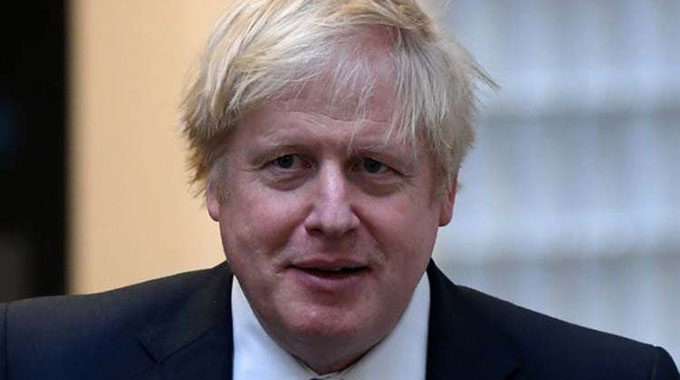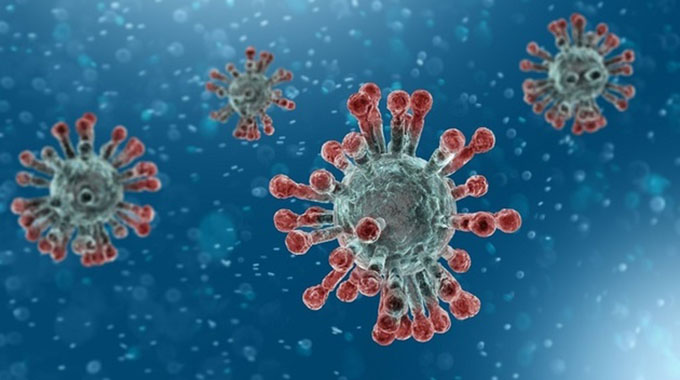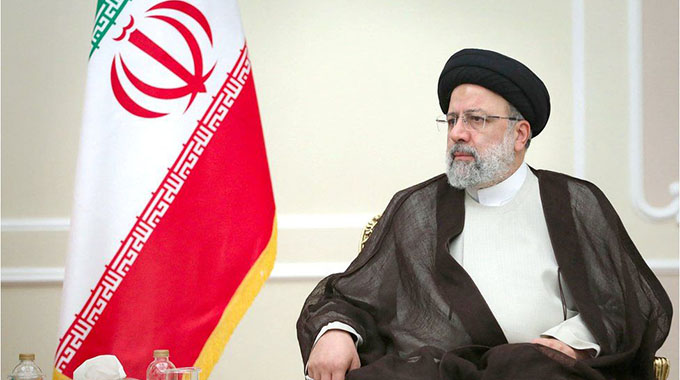UK pays £16m for coronavirus tests that don’t work

LONDON. — The two Chinese companies were offering a risky proposition: 2 million home test kits said to detect antibodies for the coronavirus for at least £16 million, take it or leave it.
The asking price was high, the technology was unproven, and the money had to be paid upfront. And the buyer would be required to pick up the crate loads of test kits from a facility in China.
Yet British officials took the deal, according to a senior civil servant involved, then confidently promised tests would be available at pharmacies in as little as two weeks.
“As simple as a pregnancy test,” gushed Prime Minister Boris Johnson. “It has the potential to be a total game changer.”
There was one problem, however. The tests did not work. Found to be insufficiently accurate by a laboratory at Oxford University, half a million of the tests are now gathering dust in storage. Another 1.5 million bought at a similar price from other sources have also gone unused. The fiasco has left embarrassed British officials scrambling to get back at least some of the money.
“They might perhaps have slightly jumped the gun,” said Professor Peter Openshaw of Imperial College London, a member of the government’s New and Emerging Respiratory Virus Threats Advisory Group. “There is a huge pressure on politicians to come out and say things that are positive.”
A spokesperson from the Department of Health and Social Care said the government ordered the smallest number of tests allowed by the sellers and that it would try to recover the money, without specifying how.
The ill-starred purchases are in some ways a parable of the risks in the escalating scrum among competing governments racing for an edge in the fight against the pandemic.
The still-emerging tests for antibodies formed in response to the virus are the next stage in the battle. By enabling public health officials to assess where the disease has spread and who might have some immunity, widespread use of the tests is seen as a critical step in determining how and when to lift the lockdowns currently paralysing societies and economies in much of the world.
“You can’t lift the lockdown as long as you are not testing massively,” said Nicolas Locker, a professor of virology at the University of Surrey. “As long as the government is not testing in the community, we are going to be on lockdown.”
The gamble on the Chinese antibody tests, though, is also a barometer of the desperation British officials felt as public pressure has mounted over their slow response to the virus. One prominent expert, Jeremy Farrar, head of the Wellcome Trust, a British nonprofit that is a major funder of medical research, recently warned that “the UK is likely to be certainly one of the worst, if not the worst affected, country in Europe”.
Long before the development of an antibody test, Germany, for example, the continent’s leader in containing the virus, began conducting as many as 50 000 diagnostic tests a day to help trace and isolate cases. That rate is now nearly 120 000 a day.
British officials have said that they started out behind because they lack major private testing companies of the sort found in Germany and the United States, which are capable of manufacturing and performing tens of thousands of diagnostic tests.
But by the time Britain began pushing in earnest to expand its capacity, it was also trailing behind most of Europe in the competition to buy up the limited supply of compounds, tubes and even swabs needed for diagnostic tests to determine a current infection with the virus.
So when the Chinese offers of antibody tests arrived, the officials knew that almost every government in the world was hunting for them, too. Those like Donald Trump, the US president, were pressuring domestic suppliers not to sell outside their borders. Oil-rich Persian Gulf princes were bidding up prices.
Medical companies in China, where the virus first emerged, seemed to hold all the cards, typically demanding yes-or-no decisions from buyers with full payment upfront in as little as 24 hours.
The two Chinese companies offering the antibody tests, AllTest Biotech and Wondfo Biotech, both said their products met the health, safety and environmental standards set by the European Union. Public health officials reviewed the specifications on paper, while the British Foreign Ministry hurriedly dispatched diplomats in China to ensure the companies existed and to examine their products. — The New York Times.










Comments